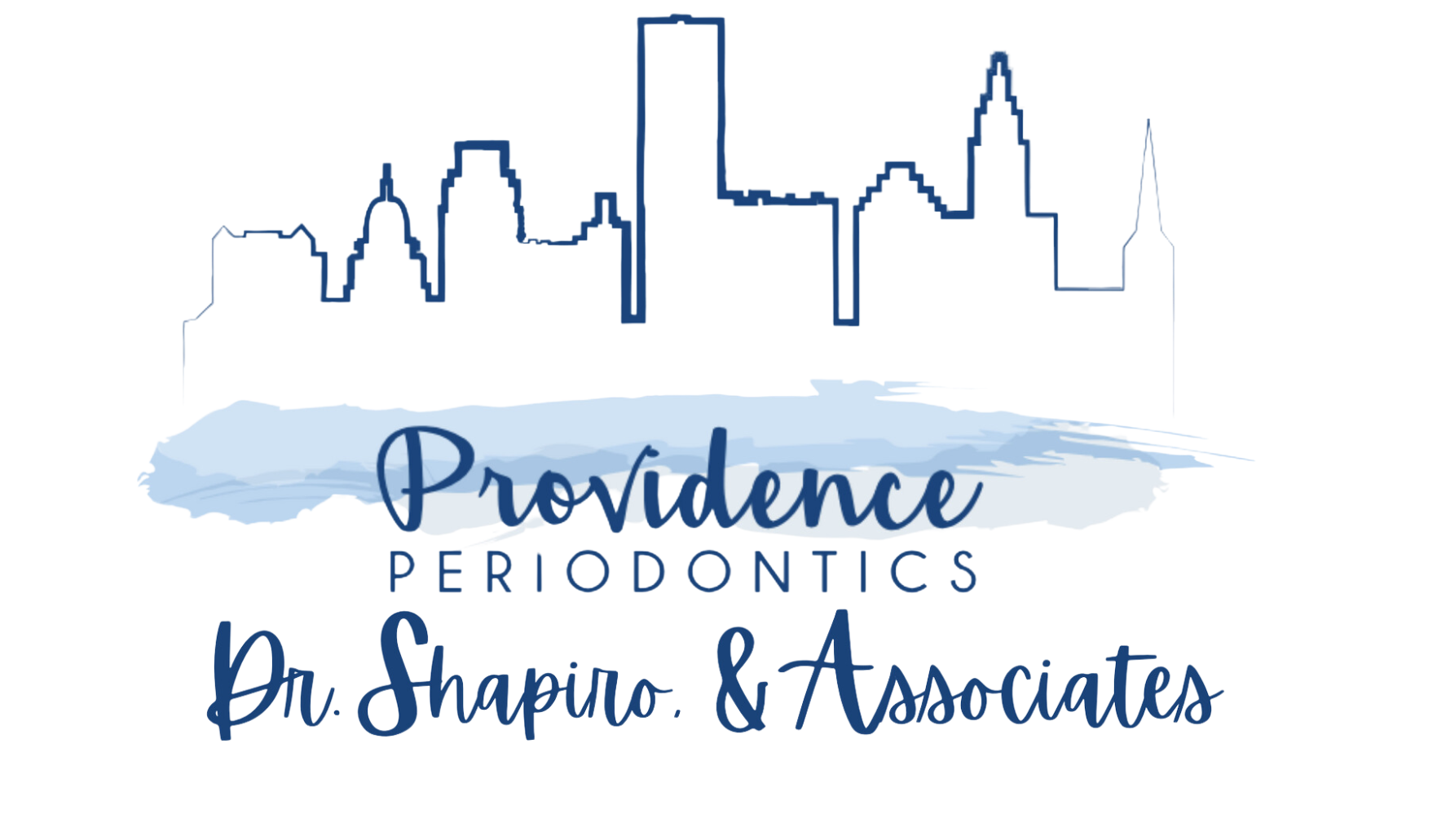 Have you been experiencing pain or discomfort in your jaw bone joint or head? The joint for your jaw bone is called the TMJ. If you are experiencing irritation in that area of your mouth, you might want to make an appointment. Many people deal with TMJ problems. If left untreated, issues with your TMJ can lead to debilitating symptoms.
Have you been experiencing pain or discomfort in your jaw bone joint or head? The joint for your jaw bone is called the TMJ. If you are experiencing irritation in that area of your mouth, you might want to make an appointment. Many people deal with TMJ problems. If left untreated, issues with your TMJ can lead to debilitating symptoms.
What is TMJ?
TMJ is short for the temporomandibular joint. This joint is what connects your lower jaw bone to your skull. If you are experiencing any of the following aches or pains, you may have a strained TMJ.
- Pain in one of your temporomandibular joints.
- Facial pain.
- Hard time chewing or experiencing pain when chewing.
- Pain or discomfort in the jaw.
- Locking of the joint.
- Headaches.
- Muscle spasms.
- Clicking or popping noises when you chew.
If you grind or clench your teeth, that can also lead to increased pain and likelihood of developing TMD.
What is TMD?
TMD is temporomandibular joint disorder. Characterized by the aches and pains listed above, TMD can be difficult and painful to live with. We can diagnose the actual disorder at our office.
We offer a mild form of treatment in the form of mouthguards at Providence Periodontics.
 TMJ Mouthguards
TMJ Mouthguards
TMJ mouthguards are also known as splints. They work to reposition the jaw and raise the bite of a patient’s mouth so that they experience fewer symptoms and less pain.
Other TMJ/TMD Treatments
In many instances of TMD, patients have to work themselves to relieve the symptoms gradually over time, but a mouthguard can certainly help patients on their road to recovery. You can use some of the following methods to treat TMD:
- Devices | Something such as a mouthguard can make a big difference for TMJ.
- Self-care | If you are experiencing a lot of stress, you can practice certain techniques to alleviate some of your TMJ pain.
- Medication | Medicines such as Tylenol or Ibuprofen can help relieve some pain as well.
After a diagnosis, we will discuss the benefits of these treatments with you to help relieve the pain of TMD.
